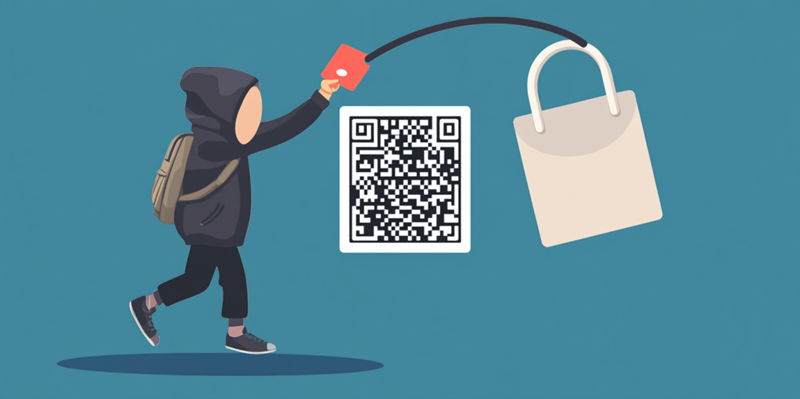In a sophisticated new cyber-attack, Swiss residents have become the targets of a malware campaign that exploits trust in the postal system and official communications. The Swiss National Cyber Security Centre (NCSC) has issued a warning about fake postal letters that appear to come from MeteoSwiss, the Swiss weather service. These deceitful letters urge recipients to scan a QR code, claiming it leads to the download of a legitimate Android weather app. However, the app in question, called the "Severe Weather Warning App," is far from legitimate. It mimics the real Alertswiss app but is hosted on an unauthorized third-party site. Once installed, the malicious app deploys the Coper Trojan, a dangerous piece of malware capable of stealing sensitive information including banking details and two-factor authentication codes.
New Tactics in Cyber Phishing
The NCSC has pointed out several red flags that signal the fraudulent nature of these letters. These include misspelled or altered app names, apps hosted on unofficial websites, and unsolicited requests to scan QR codes. Mike Britton from Abnormal Security emphasized that QR code scams are a relatively new method of cyber-attack that do not yet trigger innate suspicion in most people, making them particularly effective. Unlike traditional phishing emails, which many have learned to recognize and delete, these paper letters add an air of legitimacy and urgency. Given the significant expense associated with mailing physical letters, the campaign likely zeroes in on high-value targets who might be more likely to take the bait.
The use of physical mail to distribute malware represents an evolution in phishing tactics that is both concerning and innovative. By leveraging the physical medium and coupling it with the relative novelty of QR codes, cybercriminals exploit the trust people have in receiving official-looking letters. This method demonstrates a chilling blend of old and new techniques, reflecting the adaptability and ingenuity of malicious actors in the cyber domain.
Precautionary Measures for Swiss Residents
In response to the threat, the NCSC urges Swiss residents to destroy suspicious postal letters requesting QR code scans and to ignore their instructions. If someone has already scanned such a QR code and downloaded a malicious app, the NCSC advises performing a factory reset on the compromised device to eliminate the malware. This drastic step underscores the severity of the Coper Trojan threat and the necessity for increased vigilance.
This malware campaign’s discovery highlights the importance of verifying the authenticity of any requests for personal information or actions involving QR codes. Cybercrime is continually evolving, making it essential for individuals to stay informed and cautious. By recognizing fraud signs and taking preventive actions, residents can shield themselves from these sophisticated attacks. The incident has led to greater scrutiny of QR codes in legitimate communication, emphasizing the need for security awareness in all digital interactions.
As technology advances, so do cybercriminal tactics. Combining physical mail with digital deception is an unsettling development in phishing strategies. The use of QR codes in these letters shows attackers are exploring various methods to bypass security measures. This attack serves as a stark reminder that vigilance and skepticism are critical in the ever-evolving landscape of cybersecurity threats.

